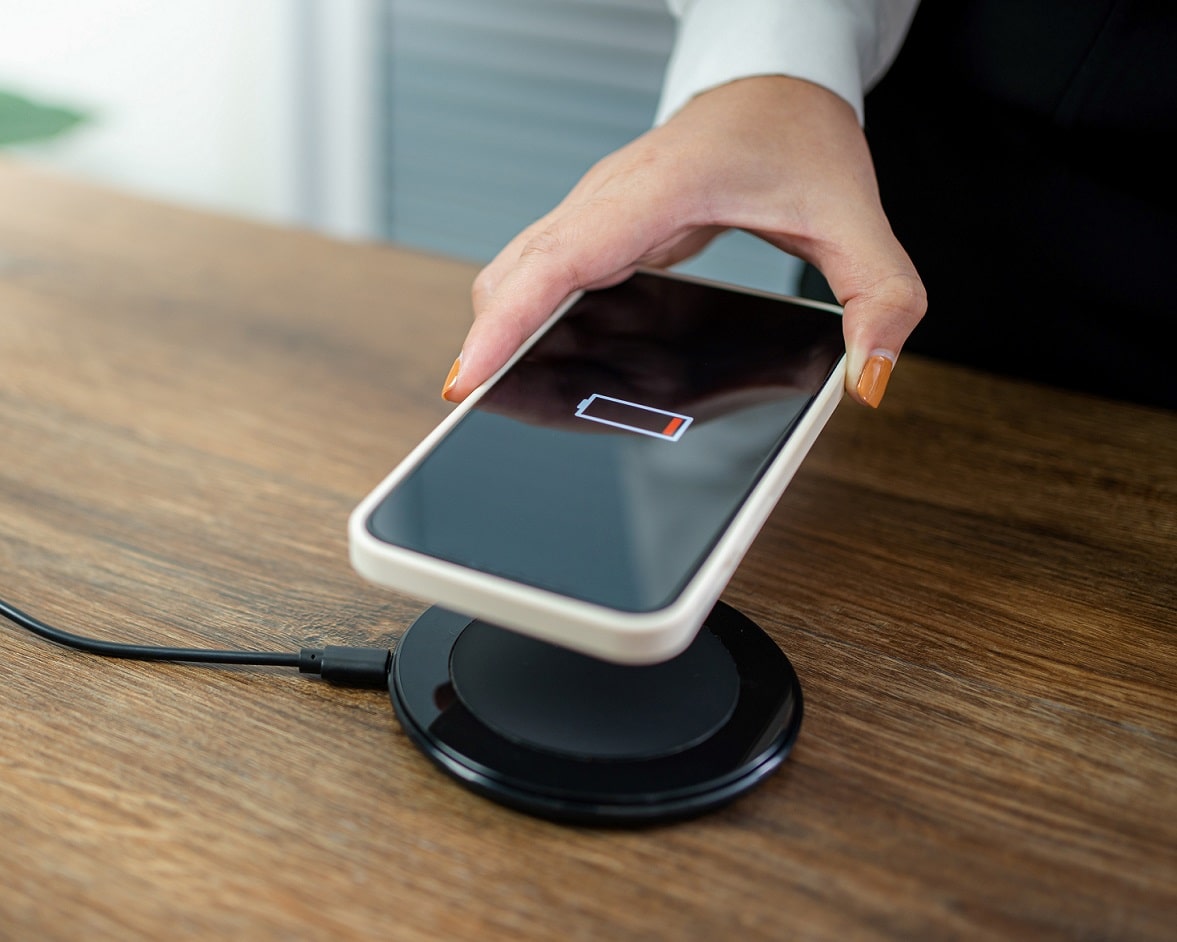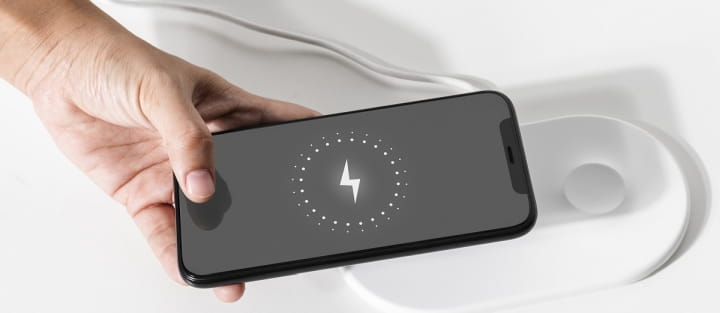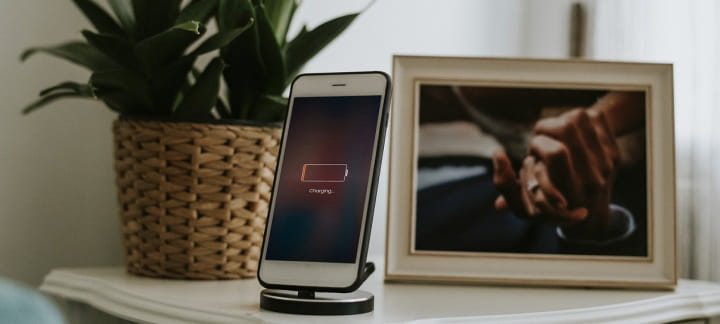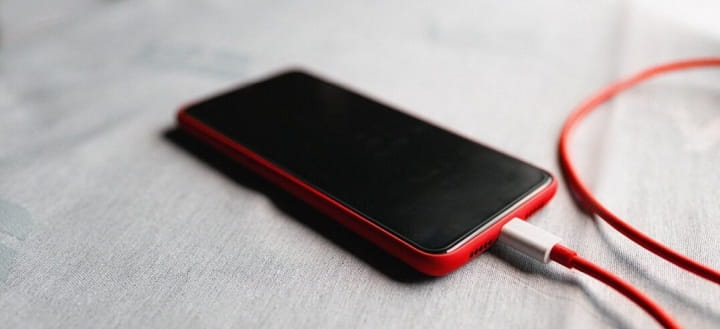
Why is my phone charging so slowly?
Smartphones have become an indispensable part of our everyday lives. When they function properly, they make life easier and offer fun and convenience. But smartphone users often face problems with their devices. For example, your phone may be too slow or you may notice a decline in your smartphone’s performance. Charging may also become less efficient, taking several hours in the worst case or needing to be repeated multiple times in a short period. You’re not alone with this issue.
Many smartphone owners wonder, why is my phone charging so slowly? If the battery takes a long time to charge, something is usually wrong. If your phone, as described, charges slowly or not at all, you should first check whether the same happens when using a different charger.
If you notice that the battery charges slowly and drains quickly, the problem is usually with the smartphone rather than the charger. However, if the phone charges faster and without issues using a different power adapter, then the original adapter is most likely defective.

If your phone only charges via your PC and not at the wall socket, check whether the defect lies in the charging cable or the power adapter. To do this, connect the charging cable to your phone and PC without using the wall adapter. If no connection can be established between the devices, the cable is defective. If that’s not the case, the problem is most likely with the adapter.
Sometimes the phone doesn’t charge while it’s on but only charges when it’s off. This issue can be caused by a system crash. In this case, it helps to turn off the device and leave it off briefly. If you turn it back on after a minute, the issue should be resolved and the phone should charge even while turned off.
How long does a phone take to charge?
In practice, smartphones take different amounts of time to charge. You may be asking yourself, how long does a phone take to charge? The actual charging time depends on several factors, including:
- the smartphone itself
- the age of the device
- the power of the charger
- the cable used for charging
- the type of power source
There are major differences especially when it comes to power sources. Smartphones can be charged via a regular wall socket or through a USB port on a PC. If you're charging your phone via a USB 2.0 port on a laptop, you’ll need some patience. These ports only provide 0.5 amps. Even newer USB 3.0 ports only go up to 0.9 amps. A typical household socket, on the other hand, can supply up to 16 amps.
Fast chargers can utilize up to five amps. Moreover, charging speed depends not just on the current strength but also significantly on the voltage. You should compare wattage (Watts = Volts × Amps), as both voltage and current have a direct effect on charging speed.

Most smartphones take a maximum of one to two hours to fully charge. However, the process takes longer if you use your smartphone while it’s charging. Normally, it’s not a problem to check messages or emails while charging. However, you should avoid energy-intensive activities. These include watching movies or playing games. These tasks cause the phone to charge much more slowly.
Battery charges slowly
If a smartphone owner notices that the battery charges slowly or you're wondering Why is my phone charging so slowly?, you can check several possibilities. Sometimes it’s just a loose connection between the smartphone and the charger. The connection between the charger and cable could also be faulty. So, if the phone charges slowly, always check if all connections are secure and working properly. Sometimes, dust and fine debris have collected between the phone and charger connections.
This can block the charging process, resulting in extremely slow charging. If that’s the case, gently clean the affected areas with compressed air.
In many cases, errors and problems during charging can be resolved with such simple checks. Slow charging will then be a thing of the past. Afterward, the device should charge quickly and properly again. However, sometimes only replacing the charger or cable will restore the phone’s charging performance. It’s always important to use high-quality accessories that are compatible with your device. If not, that alone could be the reason why the battery isn’t charging properly.

Does overcharging damage the battery?
If your battery already seems a bit weak, you might be wondering: Does overcharging damage the battery? Modern smartphones are equipped with advanced safety electronics. These reliably protect the phones from overcharging. However, this doesn’t mean you should charge your phone overnight. As soon as the battery drops to 99%, the device starts charging again—and the electricity used to charge from 80% to 100% puts particular stress on the battery.
You can extend the lifespan of your Li-Ion battery by using small charging cycles. It's especially recommended to keep the charge level between 40% and 80%, as charging between these levels is gentler on the battery than other ranges.
In this article on “Why is my phone charging so slowly?” you’ve learned about the technical issues that can arise while charging smartphones. If your phone no longer charges quickly, you usually don’t have to replace the whole device. In many cases, it’s enough to replace the charging cable and charger/adapter with a new one. Then your phone will charge faster again and can be used fully. You can find suitable charging cables and other smartphone accessories in the Electropapa online shop at unbeatable prices. Our charging cables are reliable and well-made, ensuring quality and safety.



